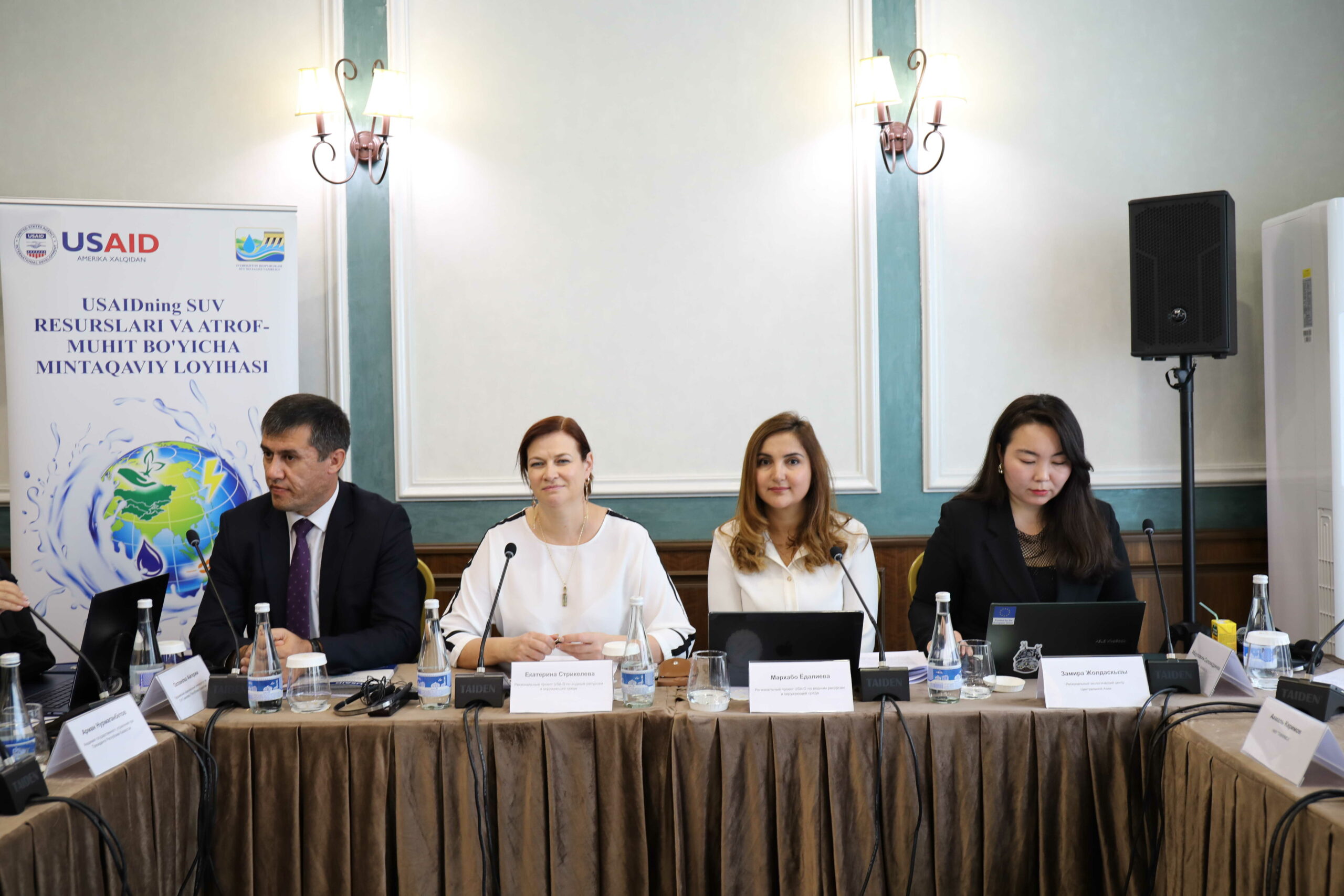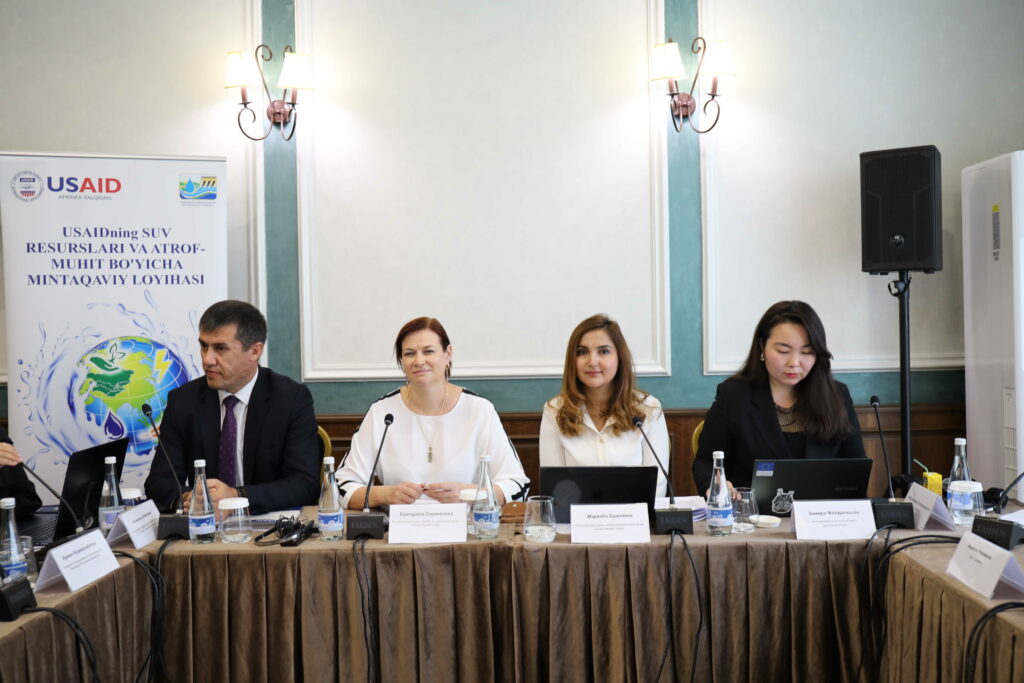
Tashkent, Uzbekistan – The recent meeting of the Network of Academic Society (NAS), held on October 29 and organized by the USAID Central Asia’s Regional Water and Vulnerable Environment Activity and the Regional Environmental Centre for Central Asia (CAREC), focused on the role of the academic network in advancing water diplomacy.
The meeting served as a platform for 44 representatives from universities and research institutions across Central Asia, as well as international and regional organizations (USAID, IWMI, CAREC, OSCE), among others.
Participants presented their universities’ efforts to establish collaboration and introduce elements of water diplomacy into academic programs, proposing the development of inter-university initiatives. Key achievements by universities from the five Central Asian countries in promoting water diplomacy and fostering cooperation were highlighted:
- Kazakhstan: L.N. Gumilyov Eurasian National University introduced the course “Water Diplomacy and Water Resource Management in Central Asia” as part of itsRegional Studies program.
- Kyrgyz Republic: The Academy of Public Administration under the President of the Kyrgyz Republic (APAPKR) integrated elements of water diplomacy into its master’s programs in “Public and Municipal Administration” as elective or optional courses. Additionally, the academy offers a course on “Water Diplomacy and the Nexus Approach”, tailored for various government and municipal employees’ role in line with qualification requirements.
- Tajikistan: The Academy of Public Administration (APA) under the President of the Republic of Tajikistan initiated cooperation with Al-Farabi Kazakh National University (KazNU) to create a joint educational program in water diplomacy. Currently, two additional universities, the University of World Economy and Diplomacy (UWED) and the I. Razzakov Kyrgyz State Technical University (KSTU), have joined the negotiation process to be a part of the joint program.
- Turkmenistan: As part of the Central Asia’s Regional Water and Vulnerable Environment Activity, a training course on efficient water use, the safety of hydraulic structures, and transboundary water cooperation, along with video courses on water resource management, was handed over to the Academy of Public Administration under the President of Turkmenistan and other specialized universities in the country for review and potential implementation.
- Uzbekistan: The “Tashkent Institute of Irrigation and Agricultural Mechanization Engineers” National Research University (“TIIAME” NRU) initiated a partnership with UWED to create a joint interdisciplinary master’s program in water diplomacy, allowing students to receive a dual degree from the partner institution. Additionally, the two universities agreed to collaborate on establishing a joint Center for Water Diplomacy, conducting exchange programs, academic events, special short-term training programs, and other initiatives.

“Promoting water diplomacy within the academic environment is crucial for preparing future specialists capable of effectively managing water resources and responding to the challenges of global change. Integrating this knowledge into educational programs will help build a sustainable foundation for long-term cooperation and resolution of transboundary water issues,” emphasized Abdulkhakim Salokhiddinov, PhD of Technical Sciences, Professor, and Vice-Rector of “TIIAME” NRU.
During the discussions, participants highlighted the importance of the transboundary nature of water relations in the region and emphasized the significance of water diplomacy in resolving interstate issues. This further underscores the importance of integrating elements of water diplomacy into the academic programs of Central Asian universities.
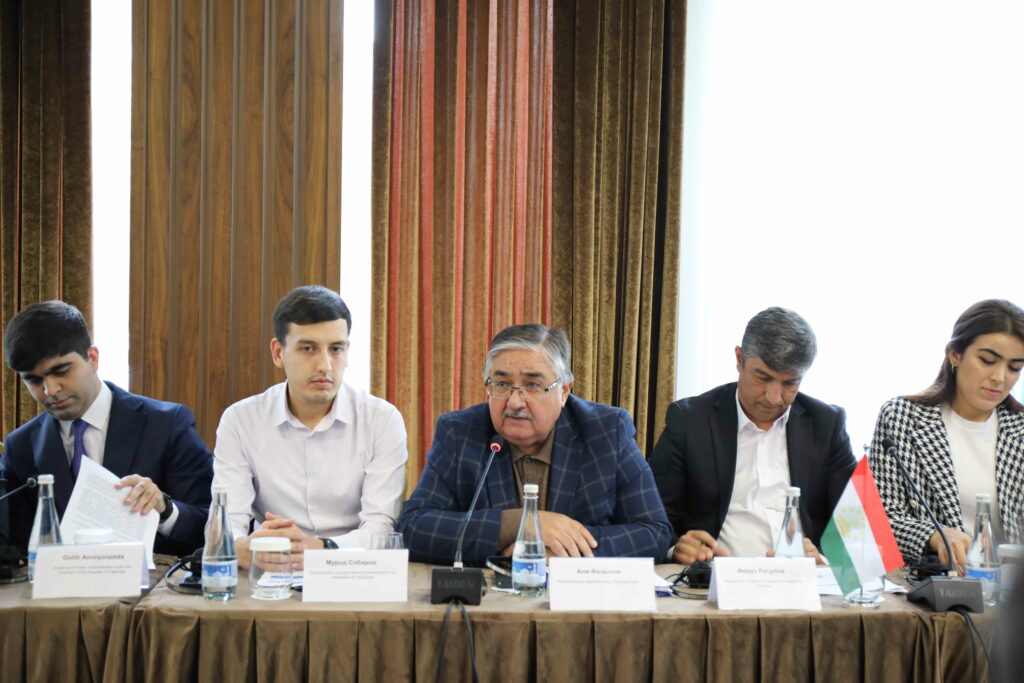
“We are now at a time when water-related emergencies have a transboundary character. Therefore, it is crucial to educate future specialists in the rational use and protection of water resources, covering the fundamentals of diplomacy and international relations. This is the only way to ensure a safe and sustainable future for the next generation,” noted Ali Fazylov, PhD of Technical Sciences, Professor at the Institute of Water Problems, Hydropower, and Ecology of the National Academy of Sciences of Tajikistan.
The meeting provided a platform not only to showcase NAS’s achievements but also to explore collaboration with development partners. Various international organizations presented educational and professional development opportunities for educators and students from Central Asian universities:
- Attend online lectures on the “Water-Energy-Food-Ecosystems” Nexus approach (USAID Central Asia’s Regional Water and Vulnerable Environment Activity);
- Join the Erasmus+ “Strengthening Higher Education in the Water Sector for Climate Resilience and Security in Central Asia” (HWCA) project consortium and utilize developed materials;
- Participate in a master’s program in Water and Sustainable Development, as well as short and online courses from the IHE Delft Institute for Water Education;
- Promote youth participation in the 15th Central Asian Leadership Program (CALP) (OSCE Program Office in Astana, CAREC).
-
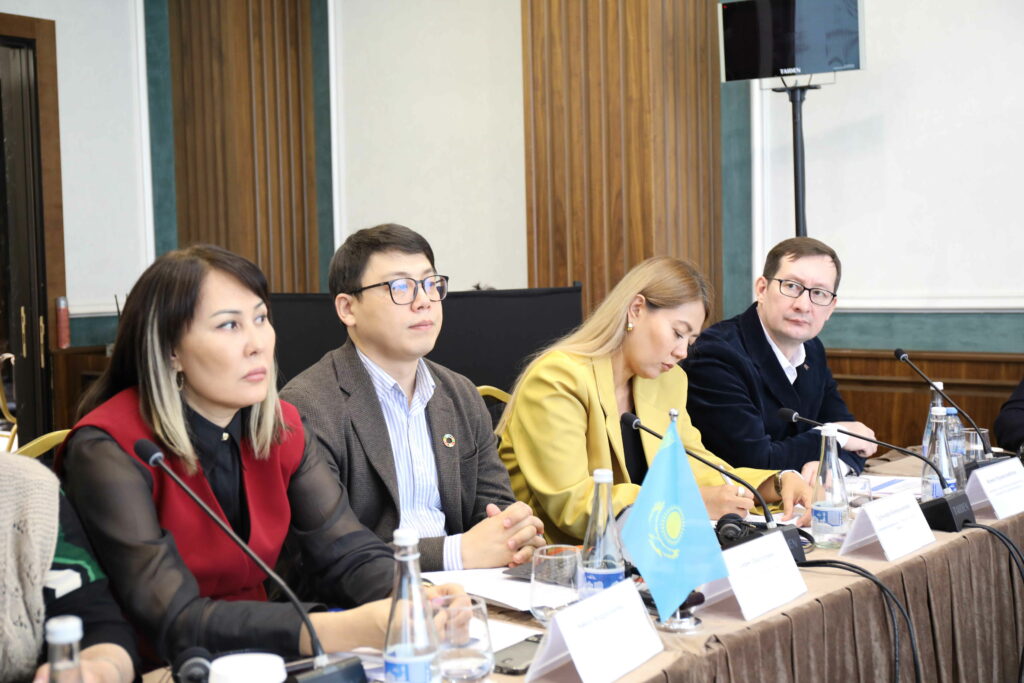
“The [NAS] meeting was highly valuable for establishing academic connections and partnerships among universities. We received a wealth of important information on water diplomacy and academic opportunities that will open up new prospects for joint projects and programs. This will enable universities in the region to strengthen scientific cooperation, share knowledge and experience, and prepare specialists [who are] ready to address pressing issues of water diplomacy and sustainable resource management,” – said Serik Orazgaliyev, Associate Professor and Co-Chair of the Sustainable Development Solutions Network (SDSN) in Kazakhstan, Nazarbayev University.
As a result of the meeting, participants proposed various initiatives and suggestions to further develop of NAS and promote water diplomacy and sustainable development in education, such as:
- Unify academic programs through NAS;
- Include foundational subjects, such as hydrology, in their curriculum to ensure qualified specialists;
- Create a platform for Central Asian students (undergraduate and graduate) to conduct Nexus simulations systematically;
- Invite ministry representatives to future NAS meetings.
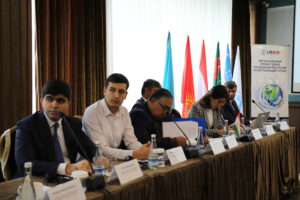
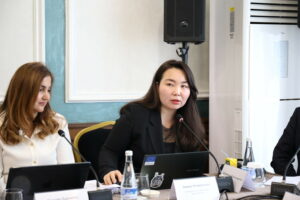
The NAS meeting in Tashkent highlighted NAS’s achievements in strengthening regional cooperation in education and incorporating elements of sustainable development and water diplomacy into academic programs. This meeting served as a valuable platform for regional universities, identifying opportunities for close collaboration and experience exchange, fostering faculty and student growth, and enriching opportunities for new knowledge.

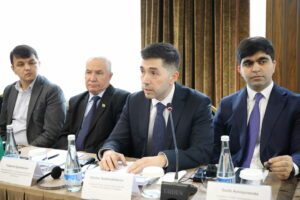
Additional information: Ludmila Kiktenko, Environmental Management Programme’s Manager, CAREC, lkiktenko@carececo.org
#NAS #USAID #CAREC #AcademicCommunity #CentralAsia #NetworkOfAcademicCommunities

